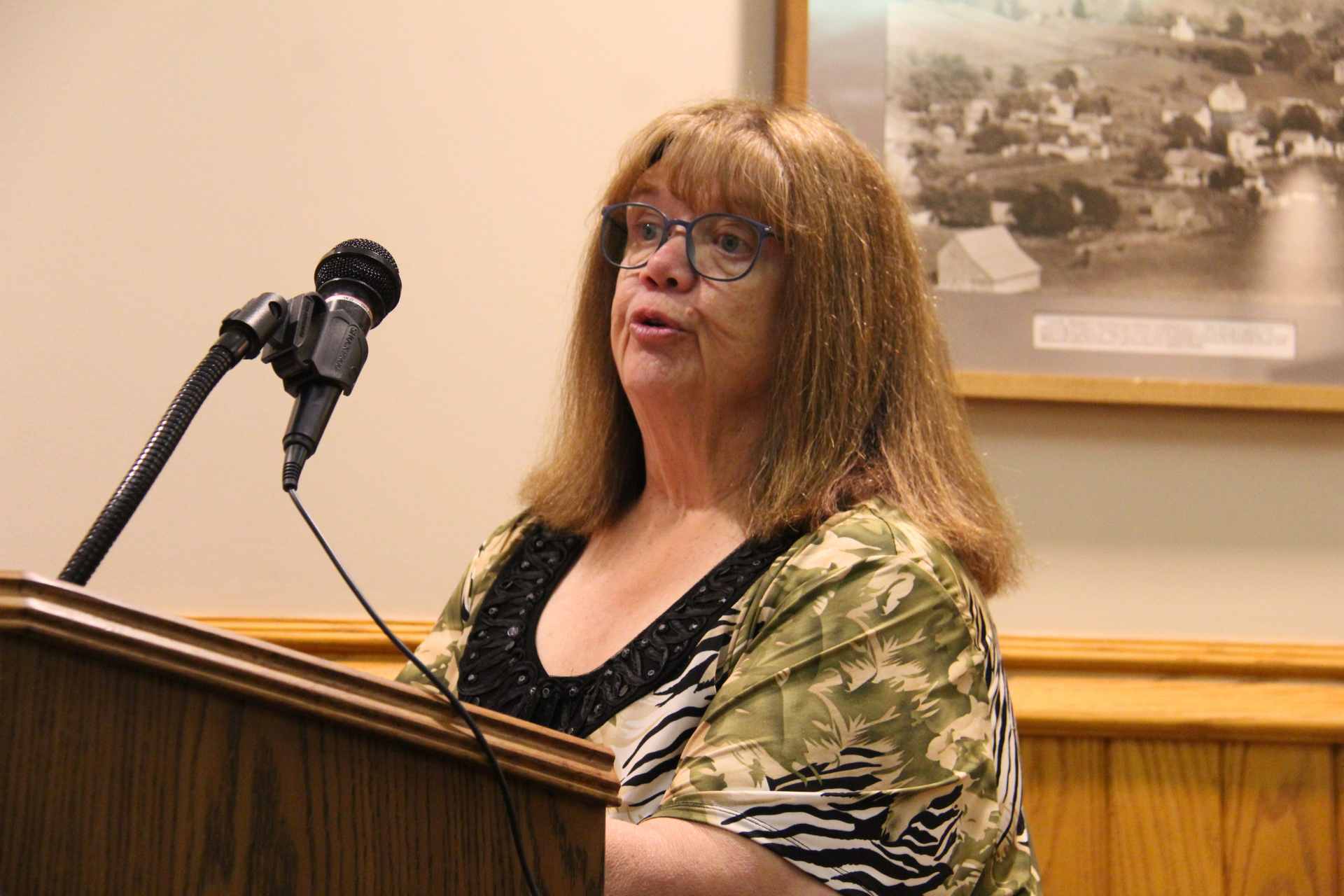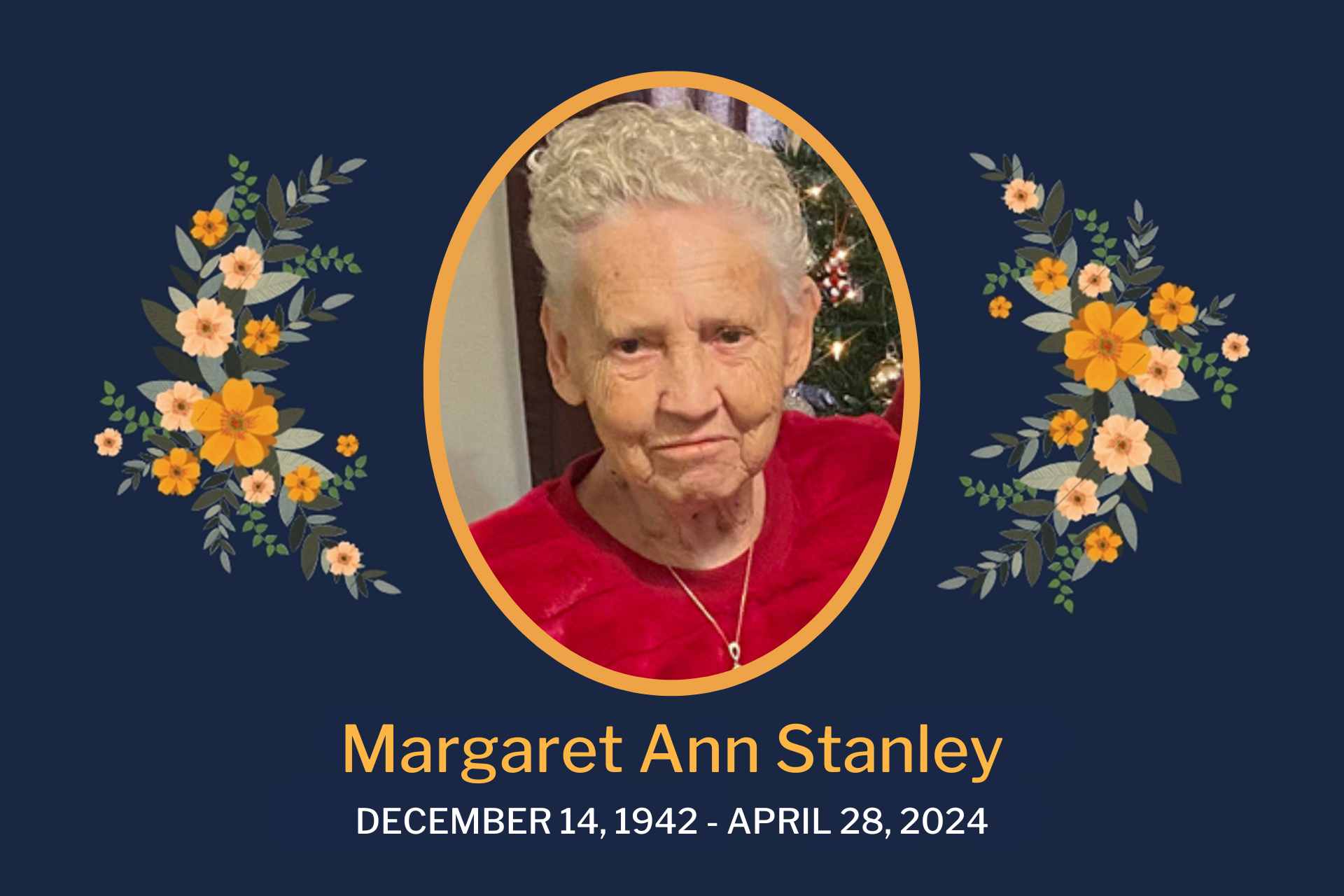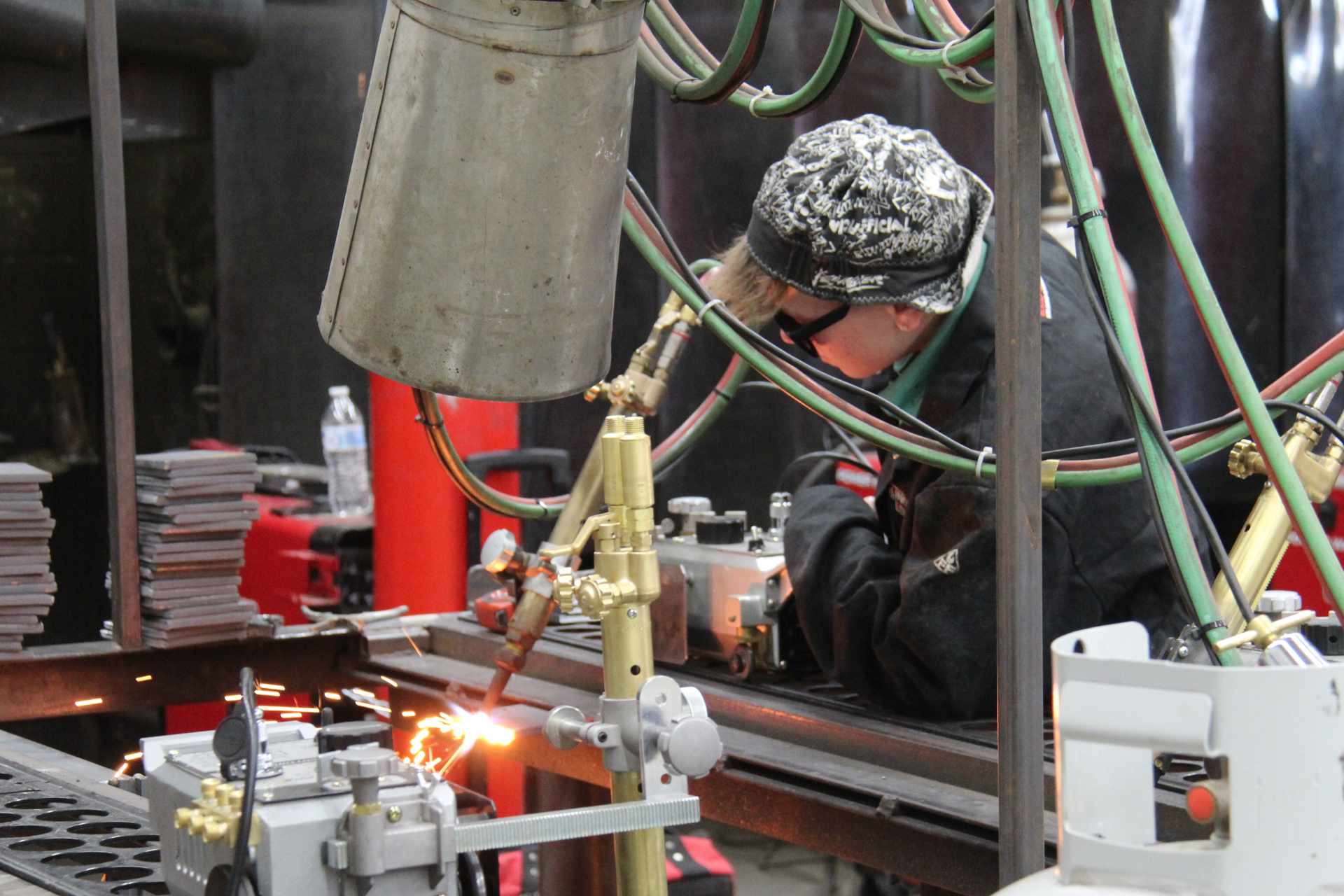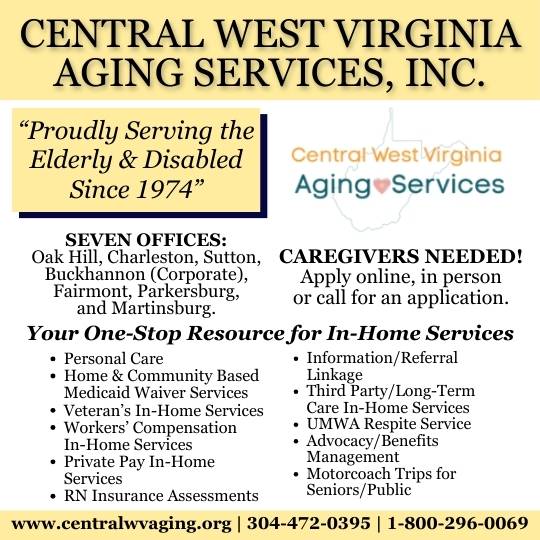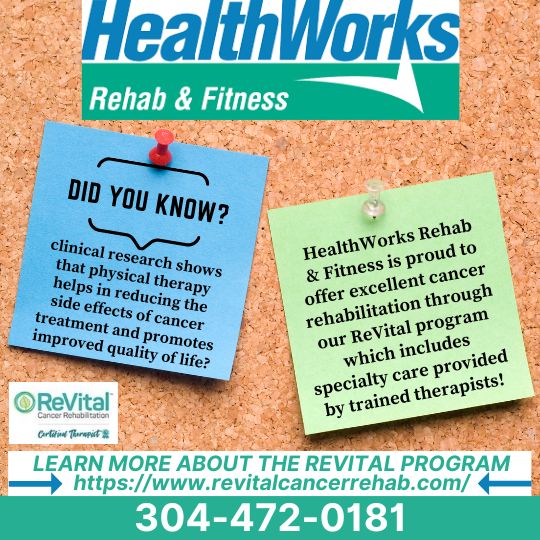Editor’s note: The following column was submitted to My Buckhannon for publication by Kathy McMurray, Executive Director of Mountain CAP of WV.
In today’s world, the struggle to build a compassionate and just society has reached a boiling point. As someone deeply entrenched in the social welfare of our community, I witness firsthand the harrowing impacts of substance use disorder, homelessness, and food insecurity on families. We are confronted with a perfect storm that demands action from all stakeholders.
At the heart of this crisis lies the opioid epidemic, a force that has gripped countless lives, tearing families apart and shattering communities. No family is immune, as addiction knows no boundaries of race, class, or gender. As social welfare professionals, we grapple with the grim task of picking up the pieces, supporting those caught in the vicious cycle of addiction, and trying to prevent new lives from being swallowed whole.
From alcohol to methamphetamines, individuals suffering from addiction often spiral into homelessness, disconnected from their support systems and stability. The implications are far-reaching, leading to a domino effect that impacts not just the individuals, but entire families. Children of substance abusers are often left vulnerable, growing up in environments filled with instability and uncertainty.
The fallout from substance abuse and homelessness is acutely felt in the realm of food insecurity. Basic nutrition becomes a luxury for many affected families, leading to a cascade of health problems and diminished educational outcomes. As social welfare practitioners, we encounter the disheartening reality of parents struggling to put food on the table, wondering how they can provide for their loved ones amid the suffocating weight of addiction.
Moreover, the burden of these issues is disproportionally endured by children, who suffer the most severe consequences of their parents’ or caregivers’ struggles. The stress and trauma experienced by children growing up in such environments can have lifelong repercussions, influencing their mental health, educational attainment, and future prospects. Breakdowns in family structures worsen these challenges, further fueling the cycle of intergenerational poverty and instability.
To tackle these issues effectively, we must recognize that they are interconnected. Substance abuse drives homelessness and food insecurity. The destructive chain reaction leads to an immense strain on social welfare systems, making it imperative for us to work collaboratively to address these crises holistically. Society must also work to de-stigmatize addiction and mental health issues, encouraging open dialogue and understanding. A compassionate approach can create an environment in which individuals are more willing to seek help, reducing the barriers to recovery.
Short-term solutions, while important in alleviating immediate suffering, do little to break the recurring cycles. We must promote evidence-based treatment. Addressing these issues at the root cause is the key to successful change. With collaboration between public and private sectors, non-profits, and local communities we can leverage our resources effectively and devise a solution for our community.
Ultimately, substance abuse, homelessness, and food insecurity form a multifaceted crisis that profoundly affects families and individuals. As social welfare workers, we are on the front lines, witnessing the struggle and pain firsthand. It is our collective responsibility to advocate for change, to break down the barriers to recovery, and to nurture a society that prioritizes compassion and support for those facing these adversities. Only then can we begin to heal and move toward a brighter, more inclusive future for all.
Kathy McMurray
Executive Director
Mountain CAP of WV





